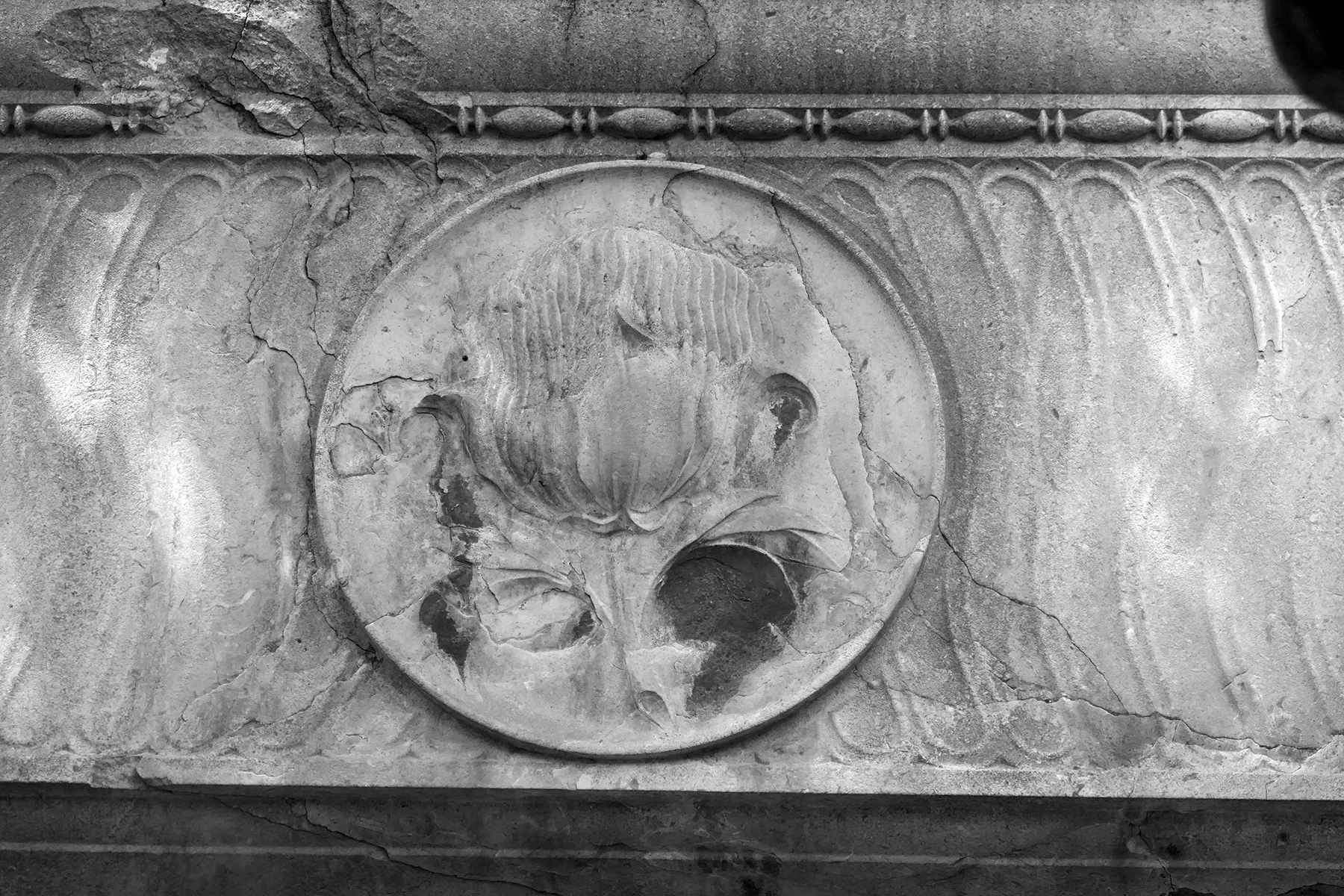Sometimes I find myself fascinated by ideas that artists have without necessarily liking what they do with them. Or, perhaps more precisely, without being able to relate to the resulting art in ways that I had thought I would.
Often that happens when the artist, the idea and the artwork are all enclosed within an identity that I have little access to. I’ll deliver examples in a moment, but generally I think it has to do with my lack of knowledge about specifics that sustain the art. Then again, I often fall completely for art I know nothing about, can’t grasp, couldn’t explain, but love, love, love. Hm. One more mystery in this universe.

Here is a fascinating project by a gifted musician, Judith Berkson, a composer and performer steeped in Jewish cantorial music who teaches at CalArts School of Music. About a decade ago she wrote an opera, The Vienna Rite, based on the collaboration between composer Franz Schubert and the Viennese cantor Salomon Sulzer during the 19th century. Sulzer often performed with Liszt and was a close friend of Schubert’s. He tried to integrate Jewish liturgical tradition and Western European art music, pushing boundaries in a society that was not too keen on these efforts. Sounds like a perfect set-up for something riveting that transfers music-melding into a modern realm, I thought. I usually like music straddling borders, for example the late Frank Zappa compositions (Perfect Stranger) performed with Ensemble Intercontemporain, commissioned and conducted by Pierre Boulez, mixing up elements of rock, jazz and classical music.

Berkson’s opera, however, was not particularly well received. A NYT reviewer, who had previously liked Berkson’s solo album Oylam and who had written a very encouraging piece while the opera project was in gestation, voiced disappointment bordering on scorn. Here is an excerpt of The Vienna Rite, but must admit I found the opera hard to listen to (before having seen the reviews.) Maybe I had expected recognition of classical themes, or traditional melodies. Maybe the cantorial echoes were indecipherable by an ear not exposed early to that music. I simply didn’t “get it.” Trying hard to “understand” something unfamiliar perhaps interfered with taking the music in.
For today’s music, then, I offer a different Berkson composition that is rather beautiful and familiar. The V’shamru is a prayer sung at the beginning of Shabbat pointing to the responsibility to protect and/or observe the day of rest, celebrating the covenant with G-d. The music captures both the intensity of the obligation and the joy associated with reciprocal protection within such a relationship.

The second, also unusual idea comes from a completely different corner. I stumbled across Taylor Mac, a theatre artist, when exploring some recent performances of Walt Whitman’s poetry. Just reading the performer’s “bio” (linked above) was an experience that brightened my day considerably. Its essay length was matched by the length of the listed awards and honors :
“the International Ibsen Award, is a MacArthur Fellow, a Pulitzer Prize Finalist, a Tony nominee for Best Play, and the recipient of the Kennedy Prize (with Matt Ray), the Doris Duke Performing Artist Award, a Guggenheim, the Herb Alpert Award, a Drama League Award, the Helen Merrill Playwriting Award, the Booth, two Helpmann Awards, a NY Drama Critics Circle Award, two Obie’s, two Bessies, and an Ethyl Eichelberger. Its wit, as bios go, seems unmatched.
Leave it to me to have never heard of the performer before.

Mac performed a compilation of Whitman poems out in nature during a residency in the Lower Hudson valley, in full drag, make-up, and a level of facility and abandon that this old woman can only dream of. I could not tell if the poet, one of the heroes of the gay community, a forbear who did live as much as express his longings, would have wanted to perform or hear his work performed like this out in the fields and woods – the bovine audience seemed unfazed. I was utterly unsure what to make of it for myself. Is access to the poetry helped by the reminder of the underlying sexuality or hindered by distraction through the sensory overload provided by the visuals and voicing? Is it ok to drag the poet out of the closet in which he tried to hide increasingly with growing fame, censuring his own writings? Was it the high-brow rule to avoid mixing “serious” art with spectacle that dampened my delight? Deep down embarrassment at my own complex reactions to drag?
Maybe I was still influenced by Sam Kahn’s recent essay about art that shocks – a thoughtful look that compares the classic function of art either as protective or subversive of the sociopolitical order, with art developing a taste for shock largely for its own sake in the 19th century. All the transgression and boundary pushing we have seen in the last century led to people suddenly being out of ideas Kahn argues persuasively, fully opposed to using shock.
Do watch the Whitman link above and gauge your own reaction!
It certainly made me more interested in learning about Whitman, and the controversies surrounding not necessarily his queerness, but his distinct longing for (and seduction of) the under-age set. Which biography to choose???

If you have the time, here is a smart video of the performer explaining the project and the motivation behind it. Worthwhile.

Photographs today are from the Vienna Central Cemetery where so many composers are buried. I am also adding some images of the Jewish part of the graveyard, not much visited by the sight of it and wildlife in it….who knows, Salomon Sulzer and his family might be buried there.





